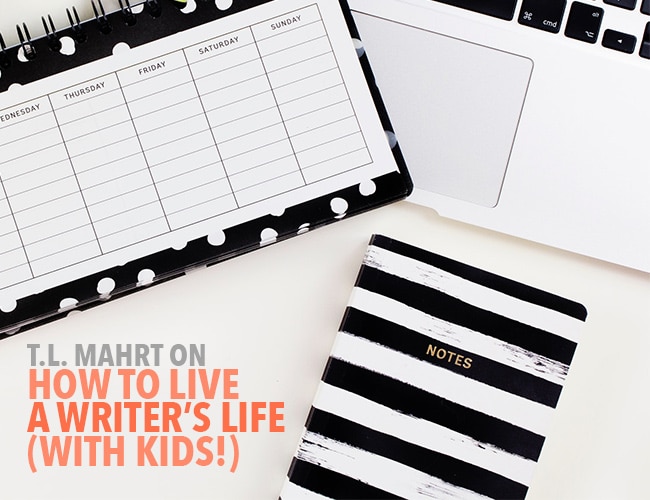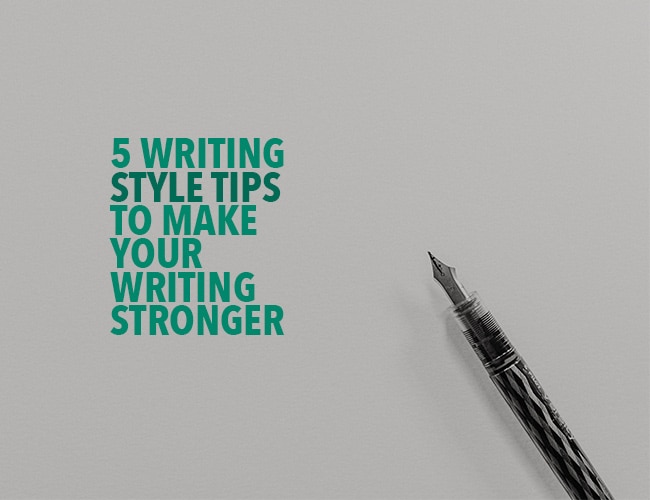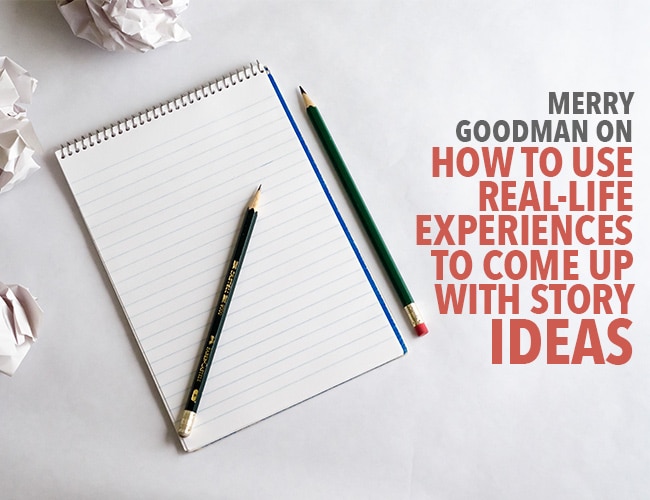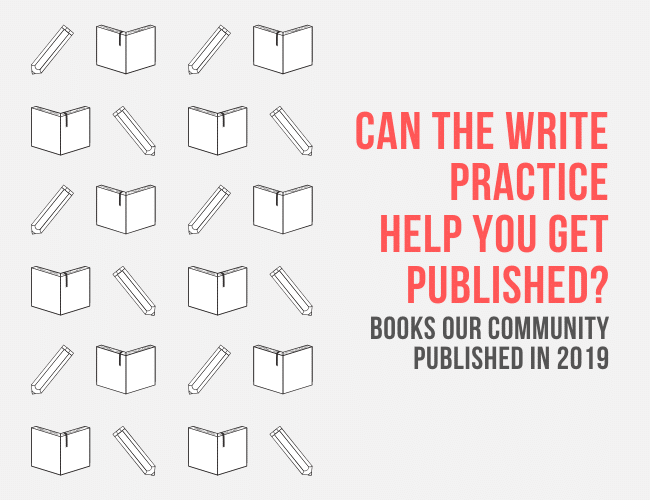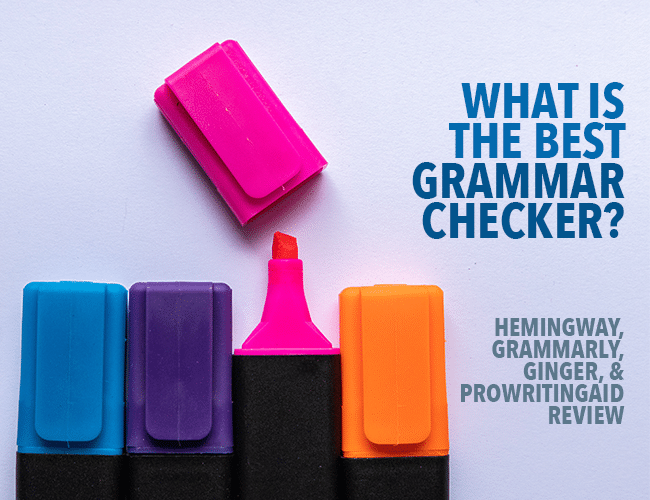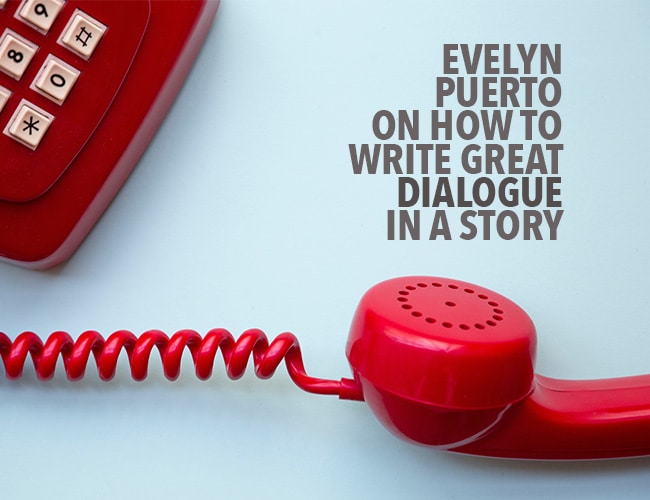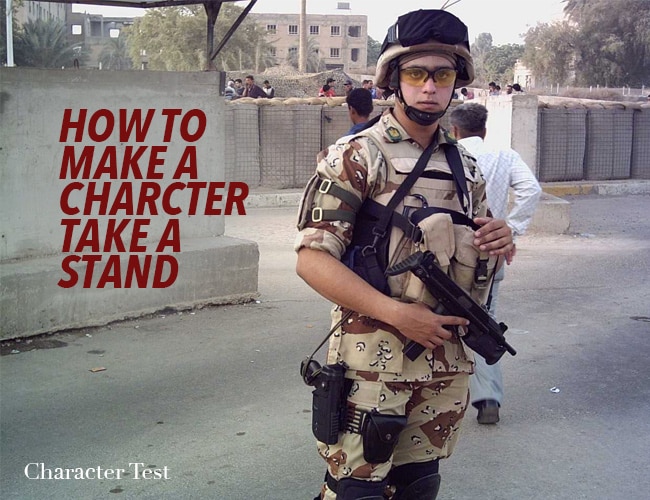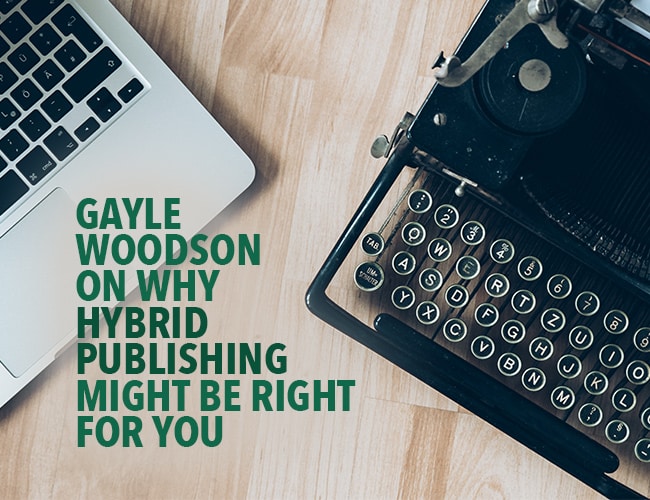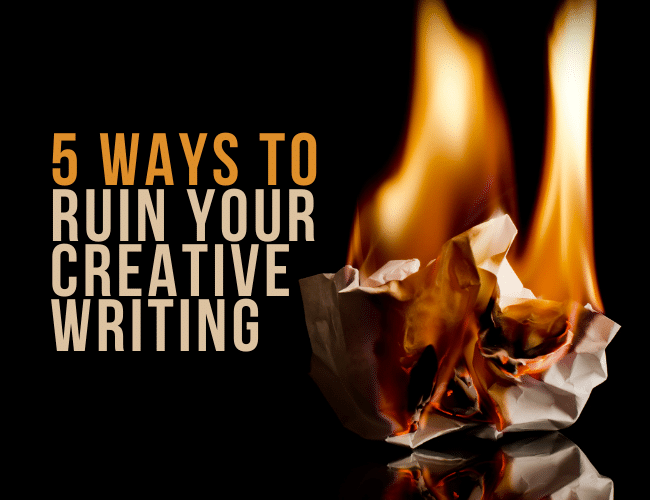How do you live “a writer’s life”? By writing! (And editing, and publishing, and marketing. But we’ll get to that.)
But sometimes (okay a lot of the time) it’s hard to fit writing into our busy, busy lives. Kids, school, work, house maintenance, relationships . . . We’re pulled in a million directions every day.
The key to fitting in anything important is to find the time and protect that time.
